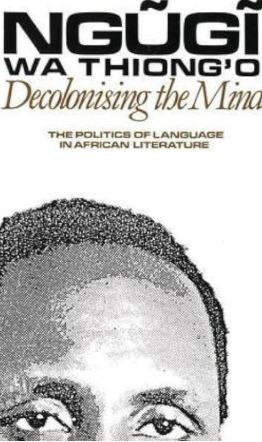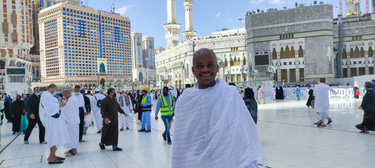Just acquired Decolonising the Mind by Ngũgĩ wa Thiong’o — and I can hardly wait to dive in.
Ngũgĩ wa Thiong'o's death marks the end of an era, but his work continues to speak to us with undiminished force. As I discover Decolonising the Mind for the first time, I realise what a monument, an awakening, an urgency this book is. Here are a few personal words, between belated emotion and a vibrant appeal to those who are shaping the Africa of tomorrow.
DIASPORA
Roufaou Oumarou
6/7/20251 min read
As a passionate reader and believer in the power of African literature, this moment feels both personal and historic. Ngũgĩ wa Thiong’o’s voice has shaped generations, and his words continue to echo wherever people are fighting to reclaim their stories, their languages, and their dignity. Decolonising the Mind isn’t just a book — it’s a manifesto, a call to consciousness, a love letter to African tongues silenced for too long.
Reading this book for the first time feels like walking into a sacred space. I’m stepping into a conversation that’s bigger than me — one that stretches across time and continent, from village classrooms to global stages. And I’m doing it with gratitude, humility, and deep excitement.
I must also admit something personal: I feel a quiet regret discovering this masterpiece only now, at 54. How different some paths might have felt had I encountered Decolonising the Mind earlier in life. But perhaps this is the perfect moment: when every page echoes more deeply, and every sentence speaks to a journey already well underway.
To every young African reading this:
Read this book. Read it to understand how language shapes identity, how storytelling can be an act of resistance, and how reclaiming your mother tongue can be the most radical thing you do. Read it as a tribute to a master who has just left us, but whose voice will never fade.
Ngũgĩ didn’t just write books — he decolonised thought. Let’s not leave that work unfinished.


A propos
Contact
Rester en contact
blog@oumarou.net
© 2024. Karlawal-communication.com All rights reserved.
